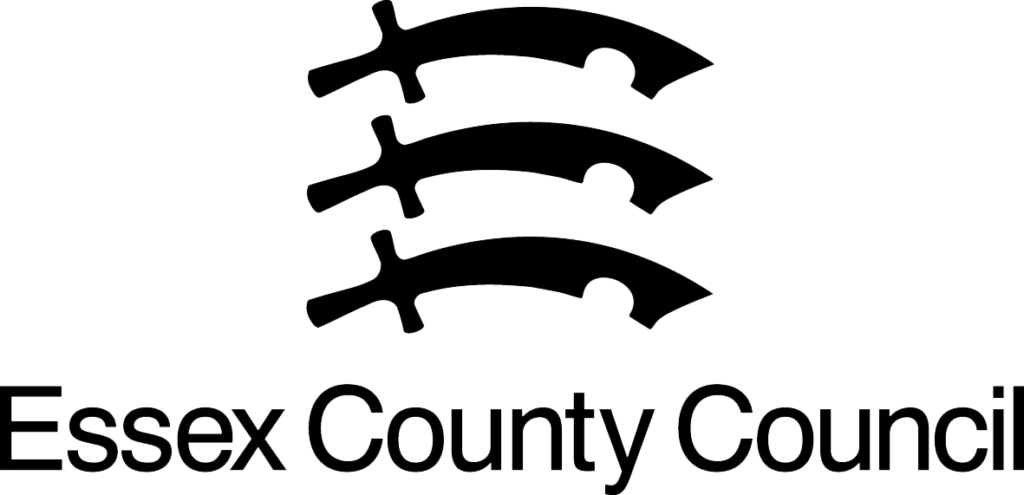In the #MeToo age, many people have a clearer understanding of the importance of consent and what is and isn’t acceptable behaviour.
Sadly, that doesn’t mean that sexual harassment, sexual assault and even rape are not common occurrences.
They often occur within relationships, environments or groups – like at work or college – where people incorrectly think the rules are different!
So, let’s have a look at what sexual harassment or assault is and what to do if you or someone you know becomes a victim:
What is sexual harassment?
Sexual harassment is any kind of unwanted behaviour of a sexual nature that makes you feel intimidated, humiliated or creates a hostile environment.
That’s quite broad, so let’s break it down a little…
Harassment is any behaviour which is offensive. For example, if the other person is trying to bully, upset, embarrass or offend you.
Harassment can be purely verbal (spoken) or include physical intimidation (such as getting too close) or assault (touching, pushing or hitting someone).
It becomes sexual harassment when there is any suggestion of sexual activity. This can be explicit (such as talking about sex) or simply implying sexual overtones (e.g. being too familiar, flirtatious or close).
It’s important to note that sexual harassment does not rely on sex being mentioned. It could be their actions (such as touching themselves or staring) making the victim feel like sex is their motivation.
Sexual harassment often takes the shape of verbal (spoken) communication, such as classroom or workplace conversations or within a social setting such as a bar or breakout area.
Sexual harassment can be something which occurs repeatedly over time, such as a work colleague or acquaintance continually making suggestive comments. However, it can also be a one-off occurrence such as somebody pressuring you in a bar or nightclub.
Once someone makes physical contact with you, their behaviour can become sexual assault.
What is sexual assault?
Sexual assault is where a person intentionally sexually touches another person without that person’s consent – or coerces (persuades) them to engage in a sexual act against their will.
This can include touching someone’s breasts, groin or bottom, kissing them or pressing up against them. However, it does not need to be contact with an intimate area and could be someone seeking to hold your hand, hug you or brush your shoulder.
Sexual assault becomes rape when someone is penetrated (either vaginally, anally or orally) against their will.
When does being flirty become sexual harassment?
There can of course be a fine line between flirtation and sexual harassment.
Flirtation is behaviour that demonstrates a playful sexual attraction to someone. Many healthy relationships start with flirtation.
However, it can become sexual harassment if the person you hope to flirt with does not like or return the behaviour. If you’re the one being flirty, the responsibility to determine this is yours.
If the person is uncomfortable or unreceptive (e.g. does not respond in a similar way) it is a strong indication your flirtation is unwanted. You should stop before your behaviour becomes offensive or harassment.
Think about the situation you are in. Would it be appropriate to be flirtatious?
If you are in an environment where the other person might not expect sexual interest (e.g. public place, work place or study environment) it is typically best to reserve your flirtation for a more social situation.
If you are flirtatious with someone and they are not receptive, STOP.
What is the law around consent?
At the centre of any sexual harassment or assault, is consent.
Sexual consent occurs when two or more people involved in any form of sexual activity freely and positively agree to take part by choice, with a full understanding of what is about to happen.
Whatever the relationship and whoever the partner, any sexual activity – whether it’s physical, verbal, emotional or even something like viewing pornography together – must be comfortable and agreed.
Sexual harassment, sexual assault and rape can – and often do – occur within relationships.
Just because two people are partners, does not mean they automatically consent. Suggestive language, touching or pressuring a partner into sex can still be sexual harassment, assault or rape.
If in doubt, it’s always best to ask your partner. If you’re asked by your partner, don’t be afraid to say no or put limits on what is OK.
What should you do if you’re a victim?
If you believe you are a victim of sexual harassment there are a few steps you can take.
Tell the person you are uncomfortable with their behaviour and ask them to stop. If they continue, consider advising them you feel you are being sexually harassed.
Remove yourself from the situation to somewhere which is safe or more public.
If you feel the harassment was serious and/or may occur again, you can report it to a person of authority. This could be an employer, teacher, guardian or the police.
If there are any witnesses or any evidence of the harassment, take a note.
If the harassment included physical contact, it could be sexual assault. If you’ve been sexually assaulted it’s important to remember that it was never your fault. Sexual violence is a crime, no matter who commits it or where it happens.
Consider getting medical help as soon as possible for any injuries. If you have been raped, you could be at risk of pregnancy or sexually transmitted infections (STIs).
If you want the crime to be investigated, the sooner a forensic medical examination takes place the better. Try not to wash or change your clothes as this may destroy evidence which could be important.
Support
If you – or someone you know – has been a victim of sexual assault there are dedicated centres which can offer support.
Sexual assault referral centres (SARCs) offer medical, practical and emotional support to anyone who has been raped, sexually assaulted or abused.
Help is available 24 hours a day from specially trained doctors and other support workers. You can find your nearest here: https://www.nhs.uk/service-search/other-services/Rape-and-sexual-assault-referral-centres/LocationSearch/364




